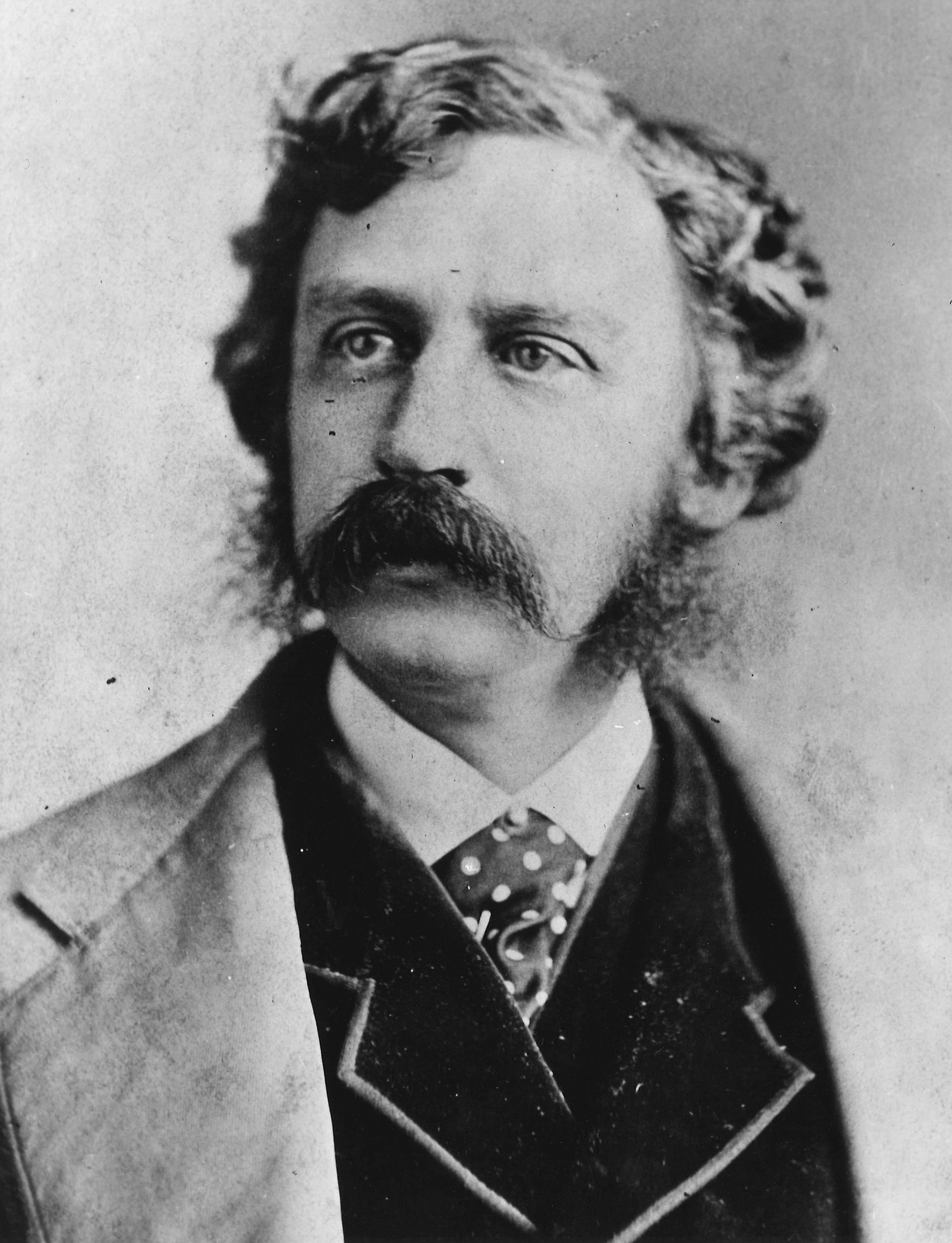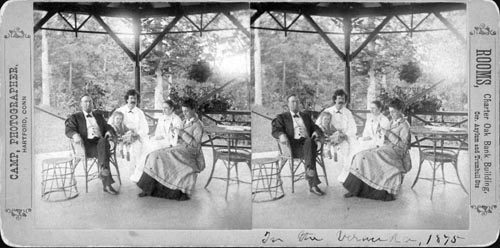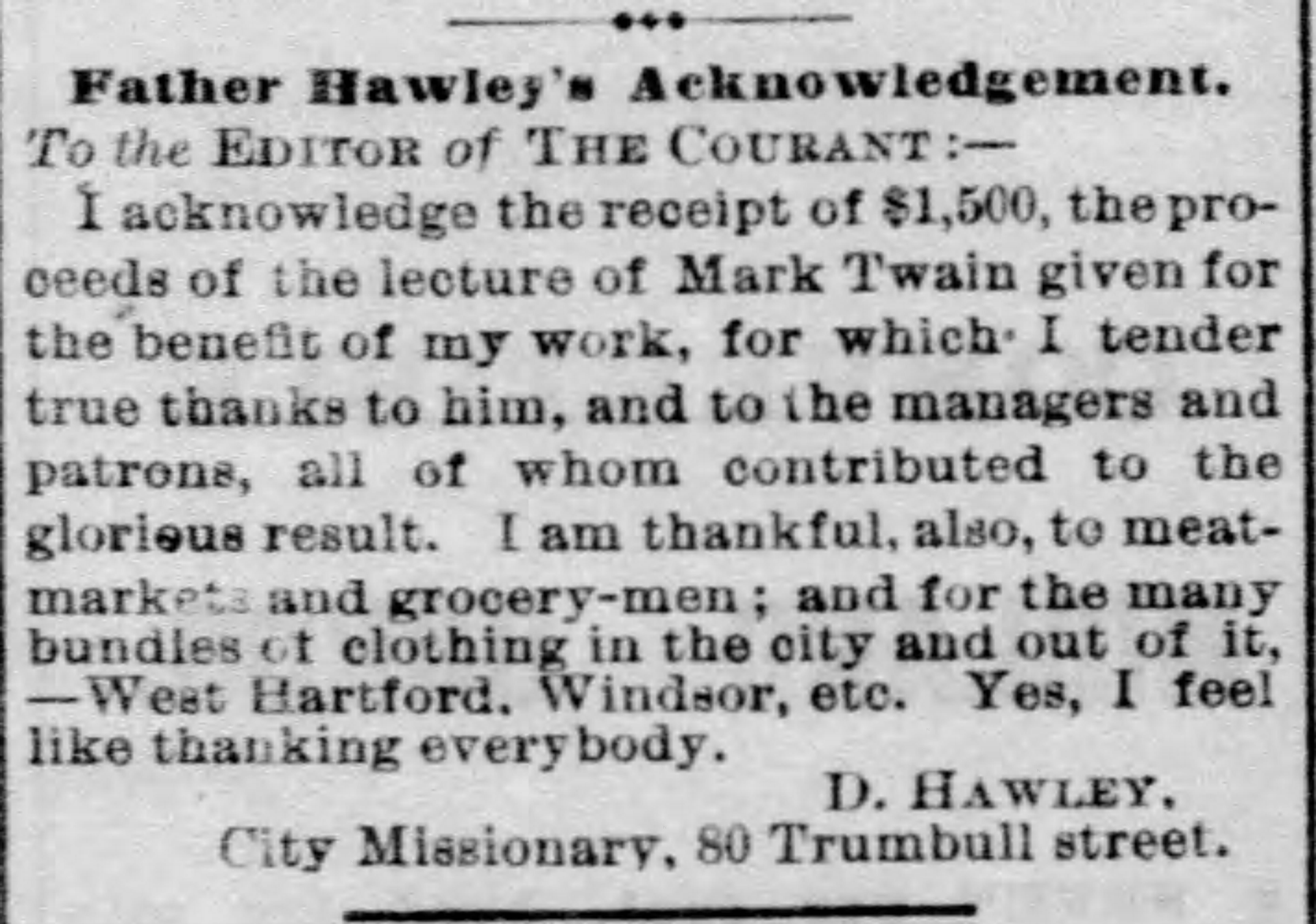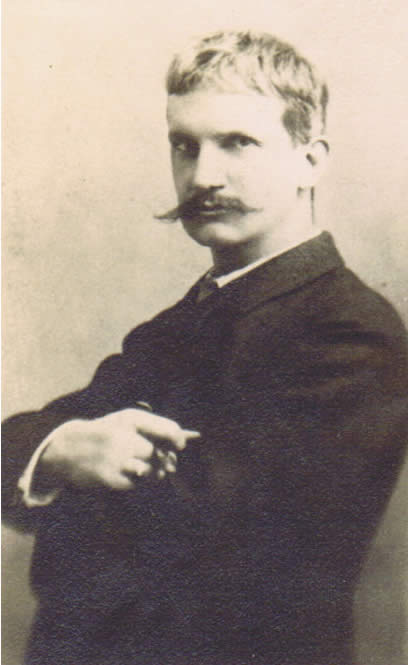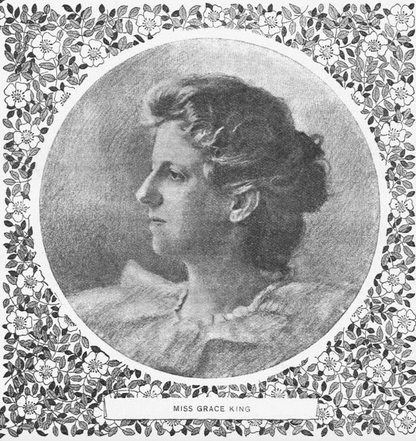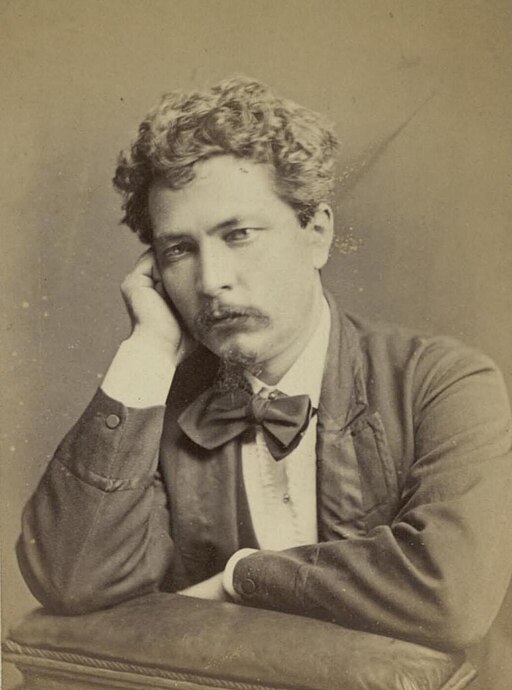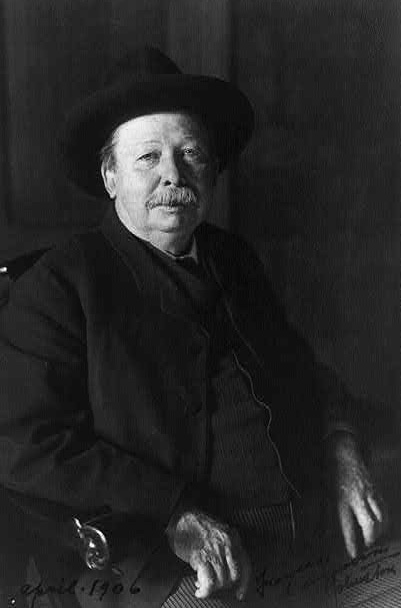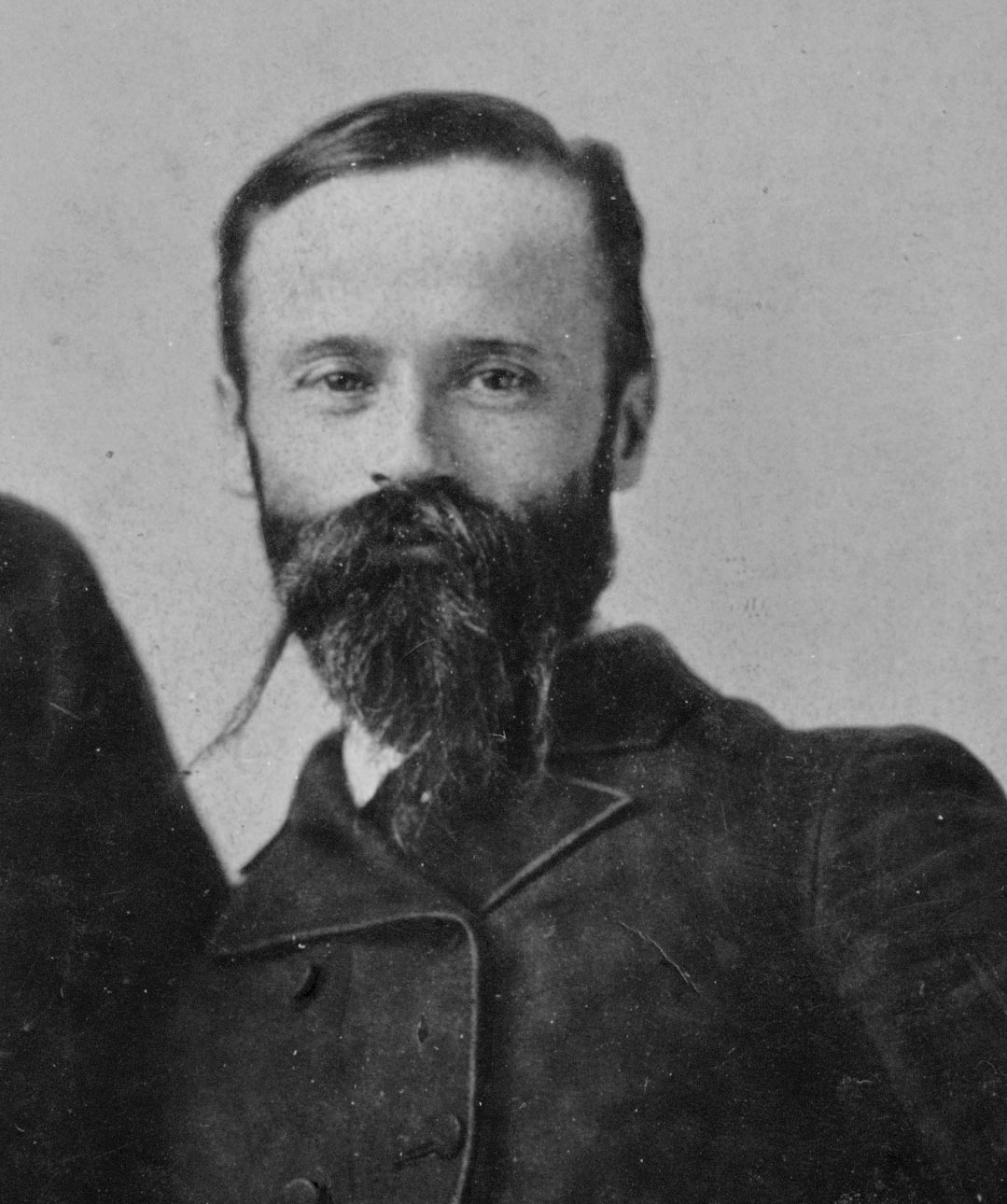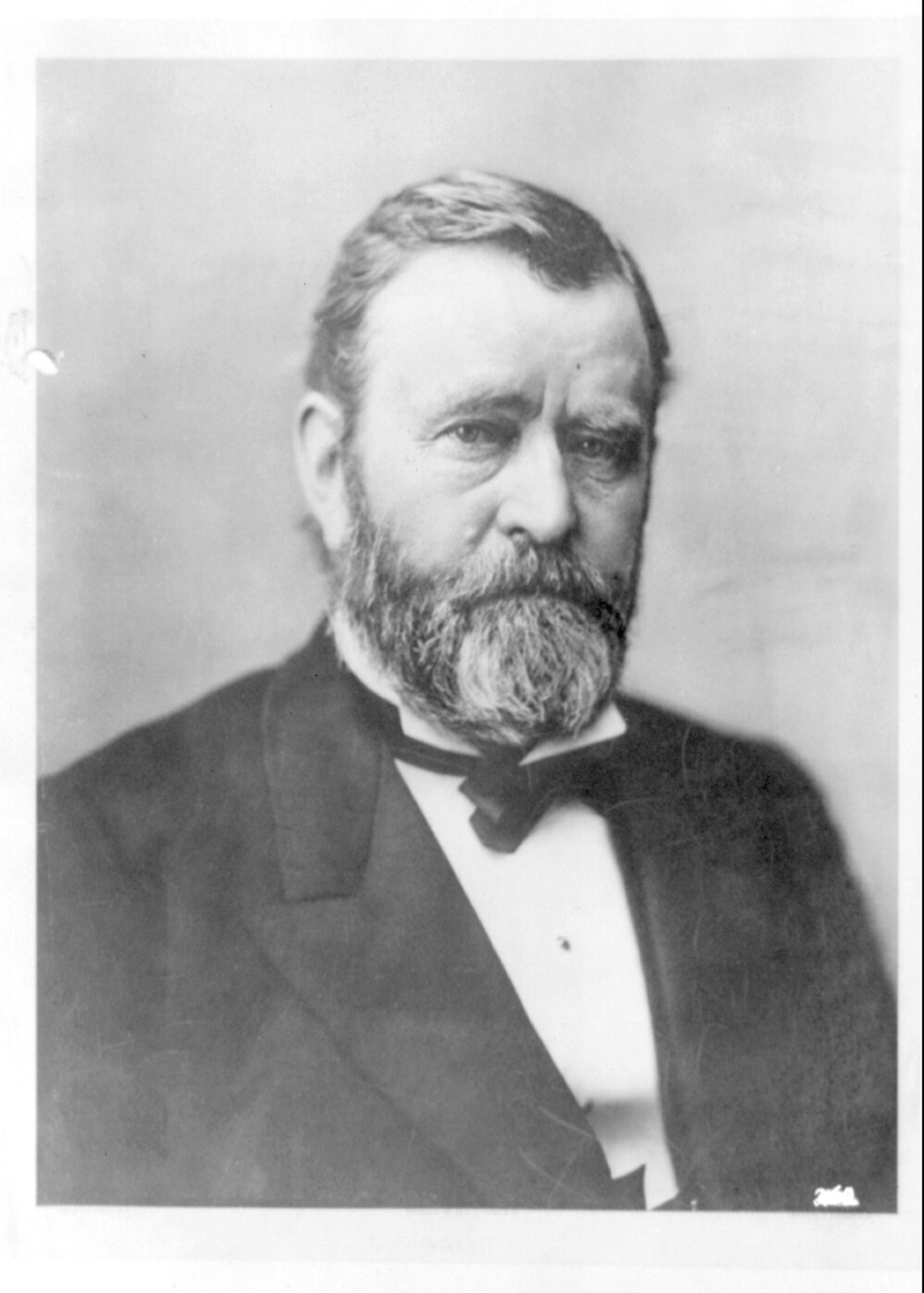Bret Harte (1836-1902)
Bret Harte moved to California from New York in 1854 and tried out various occupations before he settled on writing; he spent time as a tutor, assisted at an apothecary, and reported on events for a newspaper. A few years later Harte began to write and publish assorted poems and stories. By 1860 he was writing for the Golden Era, a San Francisco newspaper. In the mid-1860s Harte met Samuel Clemens and the two quickly became friends. In 1868 Harte helped edit Clemens’s manuscript for Innocents Abroad, which would go on to become the author’s bestselling book during his lifetime. Harte visited the Clemens home in Hartford in 1876 where he wrote a popular story, “Thankful Blossom” in the Mahogany suite guestroom. He also collaborated with Clemens on the unsuccessful play Ah Sin, (a dramatization of his story, “Heathen Chinee”) but due to quarrels during its writing, the two became alienated and remained so.
Clemens praised Harte as a writer but disparaged him personally referring to him as a liar and a fraud even going as far as to accuse him of imitating Charles Dickens (Harte’s favorite author as a boy). Despite his animosity towards Harte, Clemens included four written pieces by him in his book, Library of Humor. By 1870 Harte was editor of the Overland Monthly and published his most well-known stories there including: “The Luck of Roaring Camp” and “Outcasts of Poker Flat.” However, in 1878 Harte left the United States to accept a position as U.S. Consul in Germany where he stayed for four years before moving on to a similar role in Glasgow, Scotland. He spent his remaining years in London, sending money back home to his wife and children who were not invited to join him overseas. He continued to write until the very end,churning out new stories and parodies before he died in 1902 of throat cancer.

